Côte d’Ivoire has made significant strides in improving access to education for all children; however key challenges still exist to keep students in school and ensure they receive a quality education. While primary school enrolment rates have increased to nearly 100 per cent, primary school completion rates are 63 per cent, which is lower than in other African countries (73 per cent). Tied to the low completion rate, the quality of education that children receive is low. Children who complete primary school have lower literacy and math skills than children in other Francophone African countries. The gap widens in secondary school, particularly affecting girls and children living in rural areas and those from disadvantaged backgrounds. The education sector in Côte d’Ivoire suffers from challenges on several fronts, namely, a lack of effective pedagogical practices, overcrowded classrooms, a lack of sufficient learning and inequitable education between urban and rural schools.
Through the use of mobile technology, Eneza aims to tackle barriers to quality education for children (see Eneza’s Theory of Change below to understand how). With a grant from the GSMA Ecosystem Accelerator Innovation Fund (supported by the UK Foreign, Commonwealth & Development Office (FCDO)), Eneza deployed the iEduk service platform in Côte d’Ivoire in January 2018. The service allows students to revise lessons aligned with their school syllabus on a mobile phone using SMS. Read here to learn more about how Eneza is operating in times of Covid-19.
Between October 2019 and February 2020, the GSMA’s Monitoring and Evaluation team commissioned a formative evaluation to help Eneza gather learnings around their implementation experience and early effects of the service. This blog and the accompanying evaluation illustration detail some of the key insights and recommendations obtained.
- Evaluation Insight 1: Looking at lesson completion rates and quiz pass rates by subject, rather than aggregate, helped uncover more granular trends around student engagement and learning support areas. Students tended to take lessons in subjects they were performing well in rather than subjects they struggled in.
- Evaluation Insight 2: While students and some parents realised the potential of mobile as a learning tool, there was a need to raise more awareness in parents to help enable service uptake and use.
- Evaluation Insight 3: Students mainly used the service to expand their knowledge and review lessons taught in class, with most students selecting lessons based on interest. The evaluation also found adult learners, unintended users of the service, were using it to prepare for exams or master a language to aid in their trade.
- Evaluation Insight 4: Key external factors that enabled uptake and use of the service were, a favourable policy environment, content approval from the Ministry of Education, a desire amongst parents to invest in improving children’s education and ease of use of the service. Key external barriers that needed to be addressed were, affordability of the service for children from impoverished households, lack of electricity to charge phones and poor connectivity.
- Evaluation Insight 5: Alignment of objectives and a strong relationship between Eneza and partner MNO, Orange Côte d’Ivoire, and buy-in from Orange Group, helped put in place a strong partnership quite rapidly. Moving forward, the iEduk service would benefit from a more streamlined collaboration structure and speedier processing of partnership activities to enable quicker and at-scale value generation.
The top three evaluation recommendations:
- An EdTech marketing strategy needs to target both parents and children;
- EdTechs should consider using teachers as ambassadors of the service at schools; and
- EdTechs need to integrate a robust impact measurement plan to track progress against their Theory of Change.
Download the short infographic below for more detailed findings.
Barriers
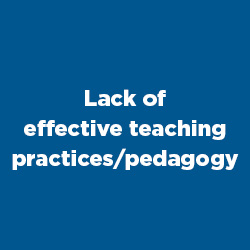
Lack of effective teaching practices/pedagogy
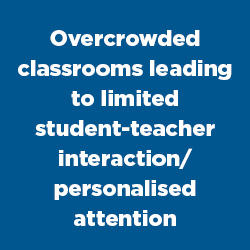
Overcrowded classrooms leading to limited student-teacher interaction/ personalised attention
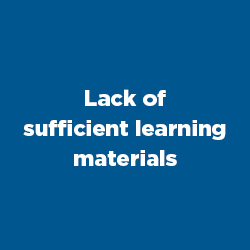
Lack of sufficient learning materials
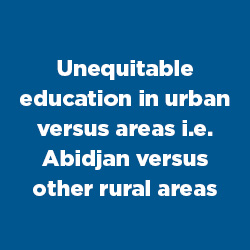
Unequitable education in urban versus areas i.e. Abidjan versus other rural areas
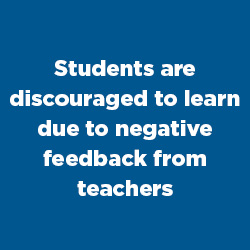
Students are discouraged to learn due to negative feedback from teachers
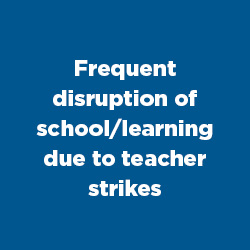
Frequent disruption of school/learning due to teacher strikes
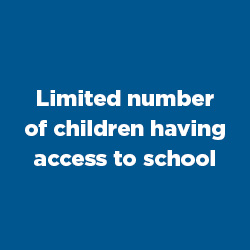
Limited number of children having access to school
Activities
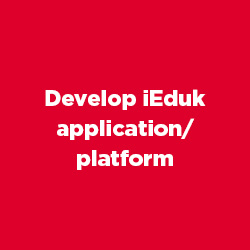
Develop iEduk application/platform
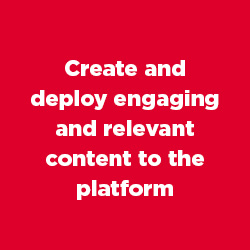
Create and deploy engaging and relevant content to the platform
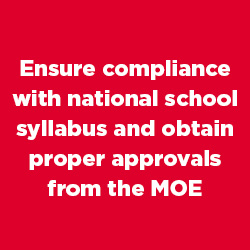
Ensure compliance with national school syllabus and obtain proper approvals from the MOE

Develop and deploy outreach and marketing strategy
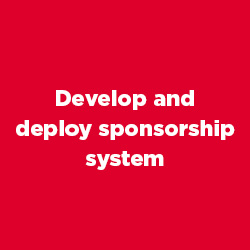
Develop and deploy sponsorship system
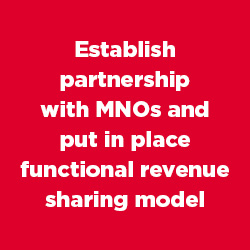
Establish partnership with MNOs and put in place functional revenue sharing model
Outputs
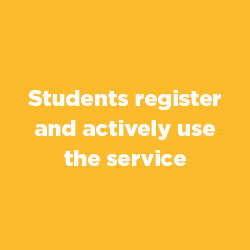
Students register and actively use the service
- 25,000 student users; and
- 5,000 average monthly users.
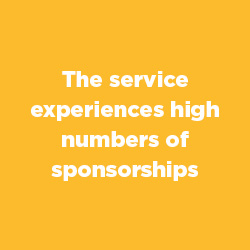
The service experiences high numbers of sponsorships
Outcomes (medium)
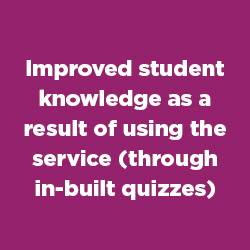
Improved student knowledge as a result of using the service (through in-built quizzes)
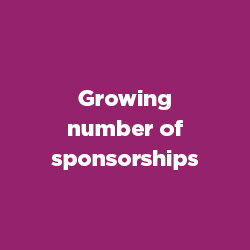
Growing number of sponsorships
Outcomes (long)
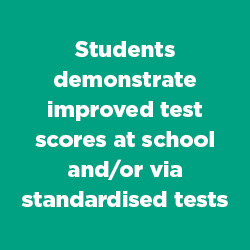
Students demonstrate improved test scores at school and/or via standardised tests
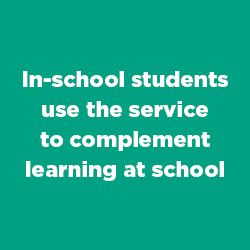
In-school students use the service to complement learning at school
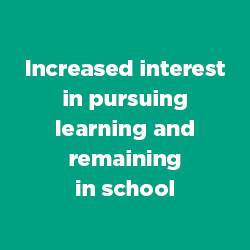
Increased interest in pursuing learning and remaining in school
Impacts
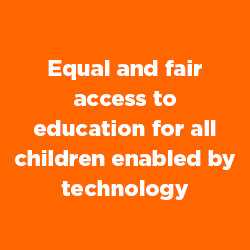
Equal and fair access to education for all children enabled by technology
The Ecosystem Accelerator programme is supported by the UK Foreign, Commonwealth & Development Office (FCDO), the Australian Government, the GSMA and its members.



